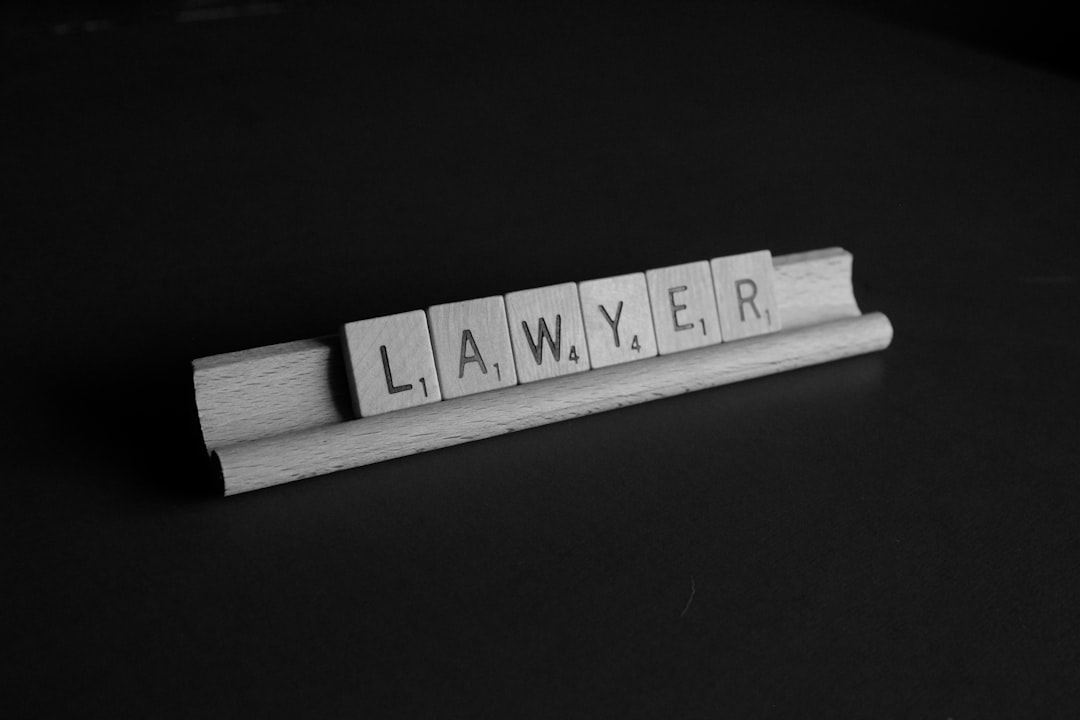Sexual abuse victims in Indianapolis, IN, require specialized legal help to navigate complex Indiana laws. A sexual abuse law firm provides emotional support, educates on rights, gathers evidence, and prepares for court, empowering victims to seek justice while minimizing trauma. The process involves initial consultations, evidence gathering, lawsuits, discovery, and hearings, with lawyers representing victims' interests throughout.
In Indianapolis, IN, where a robust sexual abuse law firm plays a pivotal role, victims of sexual assault face daunting challenges. This article delves into the crucial support system offered by lawyers specializing in sexual abuse cases. We explore Indiana’s sexual abuse laws and how attorneys guide victims through complex courtroom procedures. From understanding legal rights to navigating sensitive trials, this step-by-step guide highlights the essential role lawyers play in ensuring justice for survivors. Discover how a skilled sexual abuse law firm can make all the difference in Indianapolis.
Understanding Sexual Abuse Laws in Indiana

In Indianapolis, navigating a case related to sexual abuse requires a thorough understanding of local laws and regulations. As part of their legal expertise, a specialized sexual abuse law firm in Indianapolis, IN, plays a crucial role in educating victims about their rights and guiding them through the complex legal process. Indiana’s sexual abuse laws are designed to protect victims and ensure that perpetrators face justice, with strict guidelines regarding consent, age of consent, and penalty structures. These laws vary from state to state, so having a local law firm with expertise in these matters is essential for victims seeking justice.
Victims of sexual abuse often face immense emotional and psychological challenges. Legal professionals at such firms not only help them understand the legal intricacies but also provide support tailored to their unique circumstances. They ensure that victims’ rights are protected, offering invaluable assistance in gathering evidence, interviewing witnesses, and preparing for court appearances. By employing strategic approaches and leveraging their knowledge of Indiana’s sexual abuse laws, these law firms empower victims to take control and seek the justice they deserve.
The Role of Lawyers in Supporting Victims

When a client reaches out to a sexual abuse law firm in Indianapolis IN for help, their lawyer plays a pivotal role in supporting and advocating for the victim’s rights. This support extends beyond legal representation; it involves emotional guidance and practical assistance throughout the often challenging journey of navigating the courtroom.
Lawyers skilled in handling such cases offer victims a safe space to share their experiences. They educate clients about their legal rights, empowering them to make informed decisions. Through meticulous case preparation, these attorneys ensure every detail is considered, gathering evidence and witnesses to build a compelling narrative that supports the victim’s truth. This process helps reduce the trauma associated with testifying in court while maximising the chances of achieving justice.
Navigating Court Proceedings: A Step-by-Step Guide

Navigating court proceedings can be overwhelming for anyone, especially those who have experienced sexual abuse. A sexual abuse law firm in Indianapolis, IN, plays a crucial role in guiding victims through this complex process. Here’s a step-by-step guide to help them understand what to expect:
1. Initial Consultation: Victims meet with their lawyer to discuss the case details, share relevant information, and express concerns. The attorney provides an opportunity to ask questions and explains the legal options available. This is also when they assess the strength of the case and determine the best course of action.
2. Gathering Evidence: Gathering evidence is a critical step in building a strong case. Lawyers work with victims to collect and organize relevant documents, medical records, witness statements, and any other proof that supports their claim. This may involve contacting healthcare providers, law enforcement, or other sources for necessary documentation.
3. Filing Legal Documents: The attorney prepares and files the necessary legal documents, such as a civil lawsuit, with the court. These documents formally initiate the legal process against the accused abuser. Understanding the specific forms and requirements is essential to ensure everything is done correctly.
4. Discovery Process: During this phase, both parties exchange information and evidence relevant to the case. Lawyers review discovery materials, depose witnesses, and gather additional evidence to support their client’s claim or defend them if they are the accused. It’s a detailed process that requires meticulous record-keeping.
5. Court Hearings: Victims attend court hearings where their lawyer represents them and presents their case. They may need to testify, and the lawyer ensures their rights are protected throughout this process. Court proceedings can vary in duration and outcome, depending on the complexity of the case and the evidence presented.






